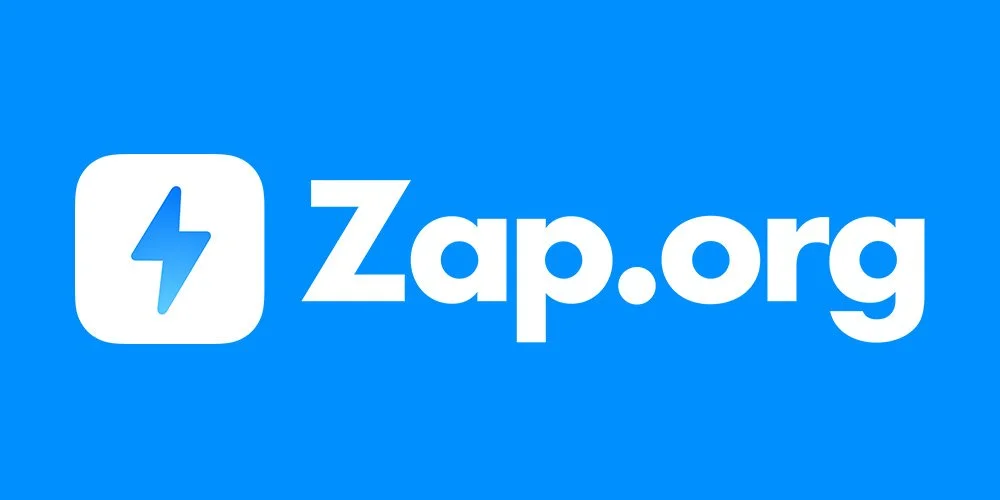Zap Protocol stands as a notable endeavor within the blockchain and cryptocurrency landscape, aiming to foster innovation and accessibility in decentralized finance (DeFi) and beyond. Its ambition is to streamline the integration and utilization of smart contracts and decentralized applications (dApps) across various industries by providing an open platform for the creation and deployment of oracle services.
These services are vital for dApps to interact seamlessly with real-world data and external systems, bridging the gap between blockchain technology and practical, real-world applications.
Overview of Zap Protocol
Zap Protocol offers a multifaceted infrastructure designed to enhance the functionality and interoperability of smart contracts by enabling them to securely and efficiently access a wide range of external data sources and APIs. This is achieved through the use of oracles, which are entities that fetch and verify external data for smart contracts. In the context of Zap Protocol, these oracles are decentralized, thus ensuring that the data they provide is reliable, tamper-proof, and transparent.
The protocol leverages the power of blockchain technology to create a decentralized marketplace for data feeds and other services that can be used by smart contracts. This marketplace allows data providers to list their services, which can range from financial data, weather information, to various other types of external data. Smart contract developers can then easily access and integrate these services into their applications, enabling them to create more complex, responsive, and useful dApps.
Key Features and Benefits
- Decentralization: By operating on a decentralized network, Zap Protocol ensures that the data provided by oracles is not controlled by any single entity, which significantly reduces the risk of manipulation and increases trust in the data used by smart contracts.
- Flexibility: The protocol supports a wide range of data types and sources, making it a versatile tool for developers looking to create dApps for various industries and purposes.
- Security: The use of blockchain technology ensures that all transactions and data exchanges on the Zap Protocol are secure and immutable, providing a reliable foundation for the development of dApps.
- Tokenization: Zap Protocol introduces its native token, ZAP, which is used within the ecosystem for transactions, staking, and governance. This tokenization aspect facilitates a self-sustaining economy where users are incentivized to participate and contribute to the network.
Use Cases
The applications of Zap Protocol are vast and diverse, reflecting its potential to revolutionize how dApps interact with the real world. Some notable use cases include:
- Finance: Integration of real-time financial data into DeFi platforms for accurate and decentralized financial services.
- Insurance: Automated, blockchain-based insurance policies that trigger payments based on verifiable, real-world data.
- Supply Chain Management: Transparent tracking of goods as they move through the supply chain, with data integrity ensured by decentralized oracles.
- Gaming: Creation of dynamic, data-driven gaming experiences that can respond to real-world events and data.
The ZAP Token
The ZAP token is central to the functioning of the Zap Protocol ecosystem. It serves multiple purposes, including paying for data feeds, staking to participate in the governance of the protocol, and incentivizing data providers and users to maintain and enhance the network’s value and security.
Where to Buy ZAP Tokens
ZAP tokens can be purchased on several cryptocurrency exchanges, both centralized and decentralized. Availability can vary based on the region and the regulatory environment, so it’s essential to check the most current listings. Some of the platforms where ZAP tokens might be available include:
- Centralized Exchanges (CEXs): ZAP is listed for live trading on numerous CEXs, including Poloniex and Bitrue.
- Decentralized Exchanges (DEXs): For those preferring a more decentralized approach, platforms such as Uniswap, SushiSwap, and 1inch offer the ability to trade ZAP tokens directly from a cryptocurrency wallet without the need for an intermediary.
- Crypto Wallets: Some crypto wallets offer integrated services that allow users to buy tokens like ZAP directly within the wallet interface. This option combines convenience with the security of not having to transfer tokens between a wallet and an exchange.
- P2P Platforms: Peer-to-peer platforms might also offer ZAP tokens for trade, allowing for direct transactions between individuals without the need for a centralized platform.




